Earth
-
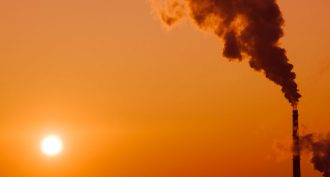 Health & Medicine
Health & MedicineHeat sickness
Scientists worry that increasing temperatures could combine with air pollution to up rates of illness and premature death — perhaps dramatically.
-
 Earth
EarthHow ancient African fish feed today’s Amazon
Many of the world’s lushest tropical forests would starve if winds didn’t bring them nutrient-rich dust from across an ocean.
By Douglas Fox -
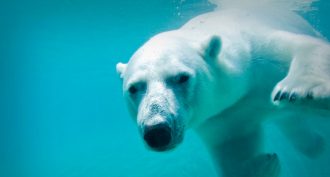 Oceans
OceansPolar bears swim for days as sea ice retreats
Melting sea ice is forcing polar bears to swim long distances — up to nine days in one case. Such long treks may be more than the bears can handle.
-
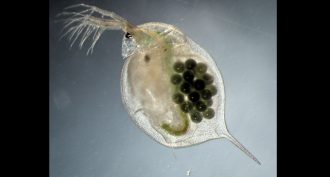 Earth
EarthCommon water pollutants hurt freshwater organisms
The germ killers we use and the drugs we take don’t just disappear. They can end up in the environment. There they can harm aquatic organisms, three teens showed.
-
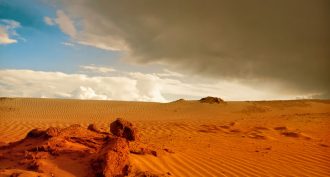 Earth
EarthDust creates deserts in the sky
Vast rivers of dust flow through the sky. This invisible force shapes our world in profound ways. And scientists are finally homing in on a major source.
By Douglas Fox -
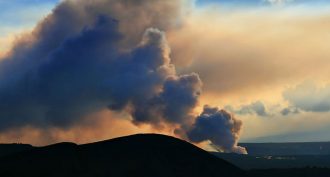 Earth
EarthCool Jobs: Getting to know volcanoes
It’s too hot to explore the insides of a volcano. These scientists examine their lava, their low-frequency rumblings and their ‘vog’.
By Ilima Loomis -
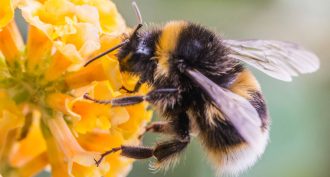 Animals
AnimalsPollen can become bee ‘junk food’ as CO2 rises
Increasing levels of the greenhouse gas are changing diminishing the food value of pollen, bees’ only source of protein.
By Susan Milius -
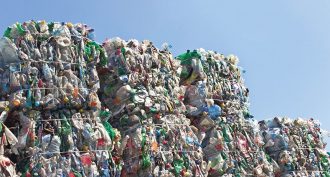 Microbes
MicrobesThis microbe thinks plastic is dinner
The bacterium Ideonella sakaiensis chows down on one type of polluting plastics. That means it could become helpful in cleaning up environmental waste.
-
 Earth
EarthCool Jobs: Mapping the unknown
Scientists find different ways of exploring places humans will never visit — and drawing maps to help us better understand such mysterious places.
By Ilima Loomis -
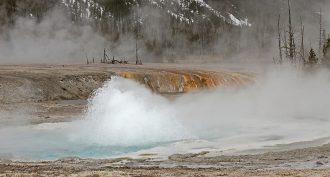 Earth
EarthCarbon dioxide could explain how geysers spout
A new study overturns 150 years of thinking about Yellowstone’s geysers. Carbon dioxide, not just hot water, may be driving those spectacular eruptions.
-
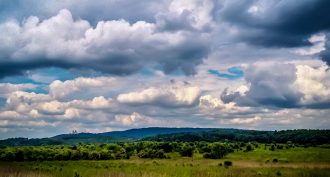 Chemistry
ChemistryParticles in air help fatten clouds’ water droplets
Making their own clouds has shown scientists how the fattest water droplets form. Understanding this could lead to better forecasts of climate change.
-
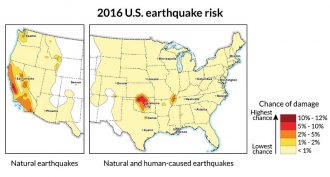 Earth
EarthQuake risk in some central states rivals California’s
Risks of tremors in some central U.S. states are as high as those in quake-prone California. The reason: waste fluids from oil and gas drilling.